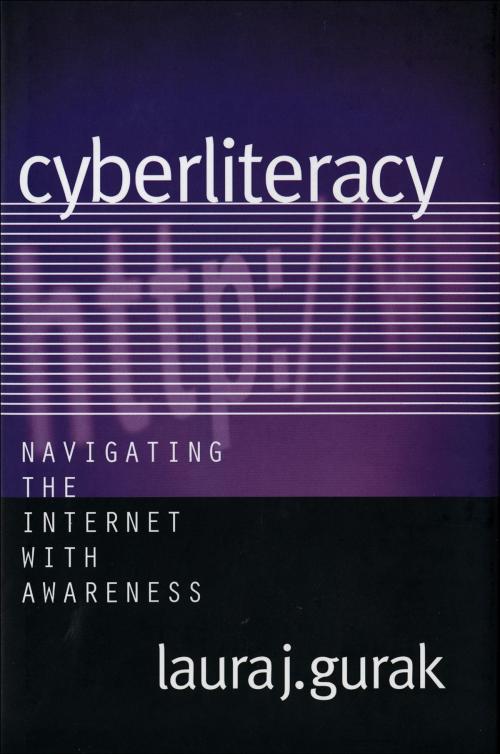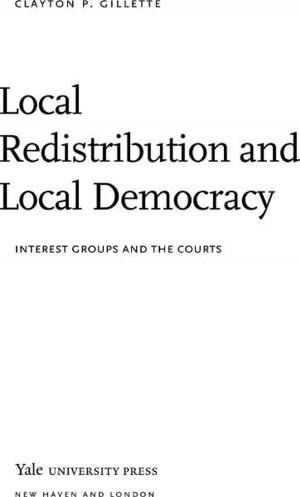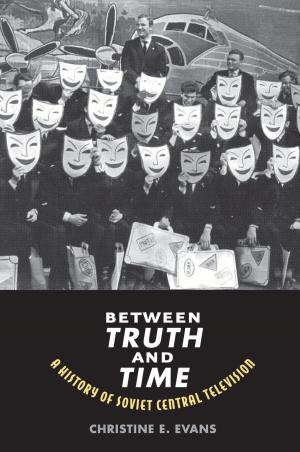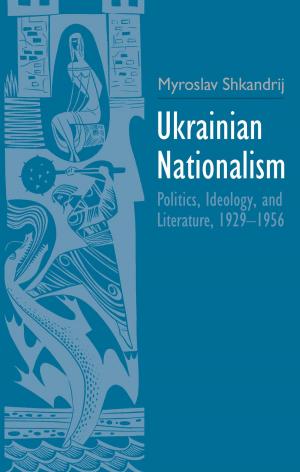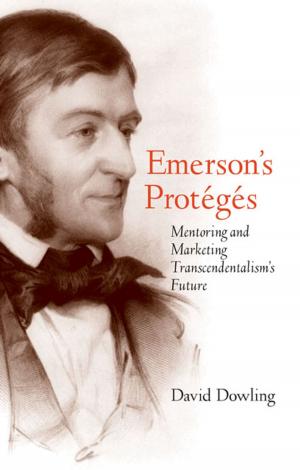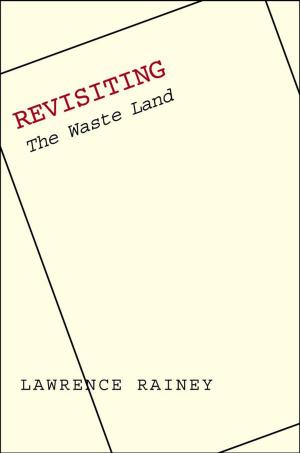| Author: | Professor Laura J. Gurak | ISBN: | 9780300130720 |
| Publisher: | Yale University Press | Publication: | October 1, 2008 |
| Imprint: | Yale University Press | Language: | English |
| Author: | Professor Laura J. Gurak |
| ISBN: | 9780300130720 |
| Publisher: | Yale University Press |
| Publication: | October 1, 2008 |
| Imprint: | Yale University Press |
| Language: | English |
The Internet has changed our social spaces, our political and social realities, our use of language, and the way we communicate, all with breathtaking speed. Almost everyone who deals with the Internet and the new world of cyberspace communication at times feels bewildered, dismayed, or even infuriated. In this clear and helpful book, computer communications scholar Laura J. Gurak takes a close look at the critical issues of online communication and discusses how to become literate in the new mass medium of our era.
In cyberspace, Gurak shows us, literacy means much more than knowing how to read. Cyberliteracy means being able to sort fact from fiction, to detect extremism from reasonable debate, and to identify gender bias, commercialism, imitation, parody, and other aspects of written language that are problematic in online communication. Active reading skills are essential in cyberspace, where hoaxes abound, advertising masquerades as product information, privacy is often compromised, and web pages and e-mail messages distort the truth. Gurak analyzes the new language of the Internet, explaining how to prepare for its discourse and protect oneself from its hazards. This book will appeal to anyone with an interest in the impact of the Internet on the practices of reading and writing and on our culture in general.
In cyberspace, Gurak shows us, literacy means much more than knowing how to read. Cyberliteracy means being able to sort fact from fiction, to detect extremism from reasonable debate, and to identify gender bias, commercialism, imitation, parody, and other aspects of written language that are problematic in online communication. Active reading skills are essential in cyberspace, where hoaxes abound, advertising masquerades as product information, privacy is often compromised, and web pages and e-mail messages distort the truth. Gurak analyzes the new language of the Internet, explaining how to prepare for its discourse and protect oneself from its hazards. This book will appeal to anyone with an interest in the impact of the Internet on the practices of reading and writing and on our culture in general.
